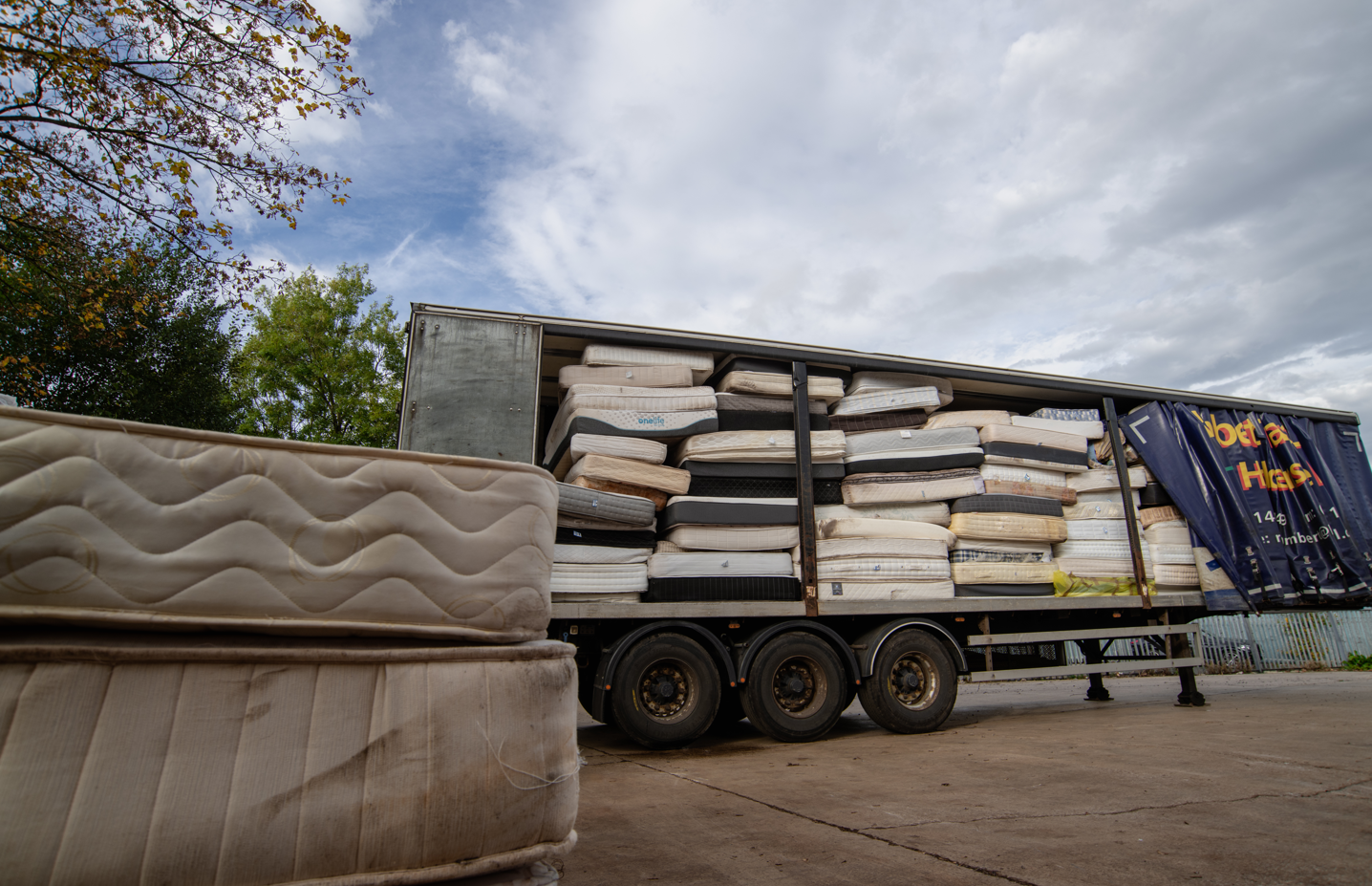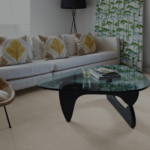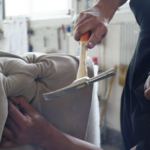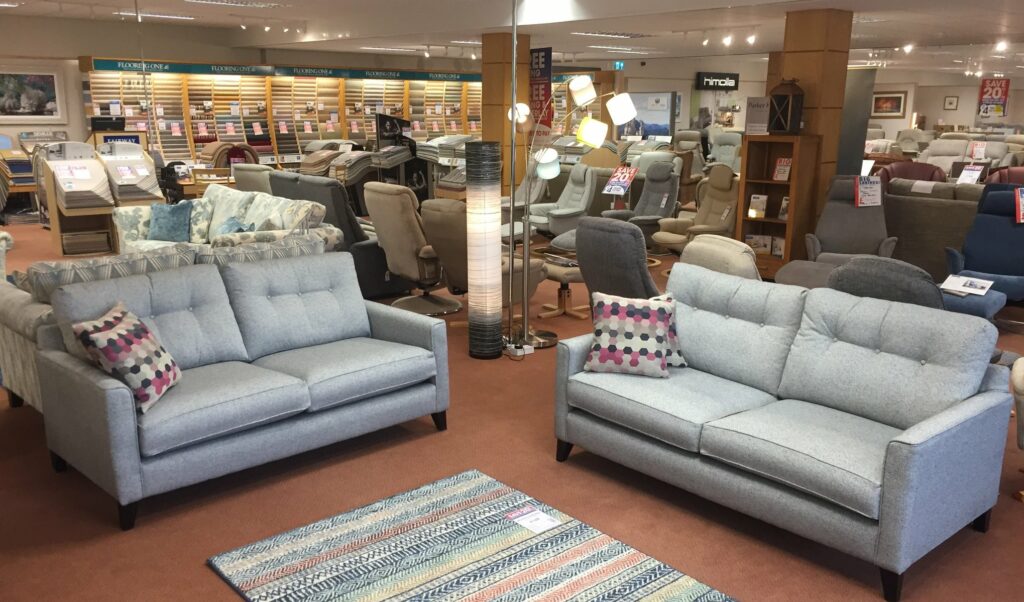Nick Oettinger, Circular Economist and CEO of The Furniture Recycling Group, explains the perils of ‘fast furniture’ and why the need for a circular economy culture is more important than ever before.

In the UK alone, 22 million pieces of furniture are discarded each year, the majority sent directly to landfill, according to data from the North London Waste Authority. This astonishing statistic is a harsh reminder of the environmental crisis we’re facing due to the rise of ‘fast furniture’ – mass-produced, short-lived items that end up contributing to our burgeoning waste problem.
The perils of fast furniture
Like its fashion industry counterpart, fast furniture is typically made from lower-quality, plastic-based materials. Its lifespan is remarkably short, and the cheap price point encourages a ‘throwaway culture’, which adds to our escalating environmental waste problem. Unfortunately, WRAP research suggests that less than 1 in 10 people consider repairing these items to extend their lifespan, resulting in a shocking 670,000 tonnes of furniture waste annually in the UK.
The environmental and economic impact
Our throwaway culture doesn’t just harm the environment; it also hits consumers in the pocket. Taxes increase to manage the ever-growing waste, and the manufacturing of new furniture can emit up to 1000x more CO2 than refurbishing what we already have, says RightGreen data. Add to this the concerning fact from Government data, fly-tipping incidents involving bulky items like furniture and mattresses have reached 1.09 million between 2021 and 2022.
The role of consumer behaviour and trends
The rise of fast furniture is, in large part and according to The Eco Hub, due to our modern, mobile lifestyles. We move from home to home and often feel compelled to update our interiors to match the latest trends promoted on social media. In the pursuit of affordable, fashionable items, the longevity and recyclability of furniture are often overlooked, as they are made of lower quality they are not only prone to damage but also difficult to recycle, increasing landfill waste and contributing to deforestation.
The solution: a shift to a circular economy
The UK government’s introduction of the Extended Producer Responsibility (EPR) scheme, a policy measure under which producers are given significant responsibility for the treatment or disposal of post-consumer products, is a step in the right direction. It forces the producers of products like mattresses and cabinet furniture to bear the cost of recycling their goods, rather than local councils. This not only incentivises producers to design products that are more sustainable and easier to recycle, but it also reduces the burden on local authorities.
But the question remains, is it enough? Considering the fact that 8.5 million mattresses are thrown away every year, creating 300,000 tonnes of materials we need to find a home for, it’s clear that legislative changes alone are insufficient. We need a paradigm shift in consumer attitudes and industry practices.
The way forward: strategies and consumer power
Companies like IKEA are leading the way by committing to only use renewable or recyclable materials by 2030 and introducing a “Buyback & Resell” scheme for used furniture. Likewise, West Elm, a furniture and home accessories retailer, offers a wide range of sustainable furniture, including wood furniture from certified sustainable forests, reclaimed wood furniture, and furniture made from recycled materials.
However, a transformation towards sustainability is not just the responsibility of businesses; consumers have a pivotal role to play. Whether that’s purchasing products that are more sustainable, or upcycling vintage furniture.
As a circular economist, I urge businesses to champion sustainability by producing durable, repairable, and recyclable products, and for consumers to prioritise buying such items. This shift isn’t just about protecting our planet, it’s about creating a world where economic growth and sustainability coexist. We all have a role to play in investing in the longevity of our furniture and, by extension, the longevity of our planet.















